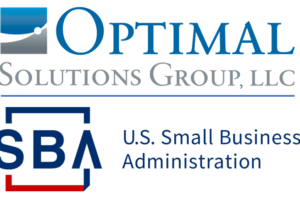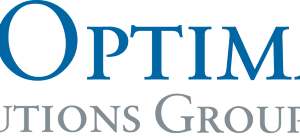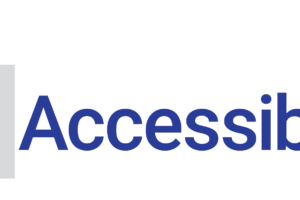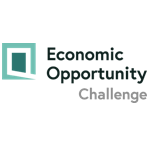Optimal assessed the impact of small business development program

The Small Business Administration’s (SBA) 8(a) Business Development Program grants participants access to set-aside or sole source contracts, a business opportunity specialist, the right to enter a mentor-protégé program, and other benefits.
The goal of the Evaluation of 8(a) Certified Firms is to better understand the market for goods and services demanded by federal agencies and those supplied by 8(a) businesses. The evaluation examined the ability of 8(a) businesses to obtain federal contracts as they progress from the initial development stage to the transitional stage of the program, as well as how they fare once they graduate.
Optimal, a nonpartisan public policy research and data analytics firm, continues to build upon its large body of work with the SBA and other workforce development projects to provide SBA with the information needed to serve the 8(a) participants in the most effective and efficient way possible.
Find out more about SBA’s 8(a) Business Development Program
*********************************************************************
Optimal Solutions Group, LLC
Founded in 2000, Optimal Solutions Group, LLC, is a nonpartisan public policy research and data analytics firm located at the University of Maryland’s Discovery District in College Park. Optimal employees have varied backgrounds in such fields as public policy, computer science, data science, economics, education, health, housing, sociology, statistics and information management.








